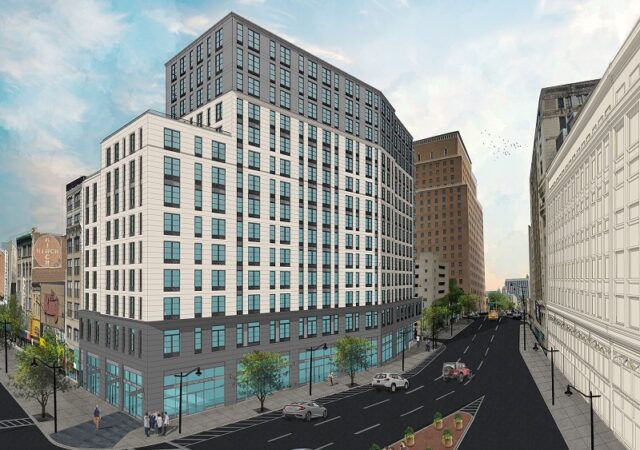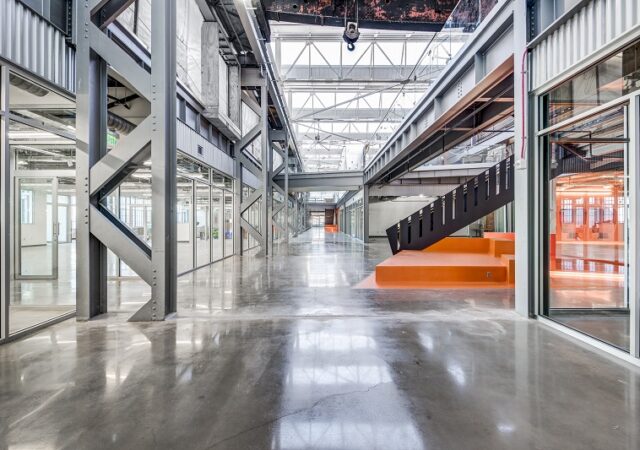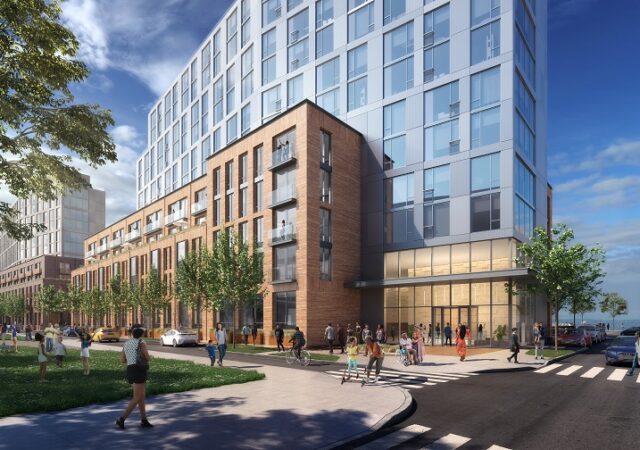How will industrial building design, construction or functionality change in 2021? We assembled a panel of industry experts to tackle this month’s question.
Current Issue
Go inside the latest monthly issue of Real Estate NJ, the only New Jersey-based magazine dedicated to commercial real estate in the Garden State.
A fresh look
You wouldn’t know it by the last four months, but major news stories are always prone to ebbs and flows. The federal Opportunity Zone program is a case in point when it comes to commercial real estate publications. The investment vehicle has been all the rage at various points since it was created in late 2017, only to take a step back as buzz died down.
Workforce wellness, resiliency and ironclad industrial sector: Keys to recovery
Despite the ongoing adverse impacts from the COVID-19 pandemic, some experts report that the macroeconomic trends are looking favorable nationally, and especially for New Jersey, but it’s going to be pretty slow going. Marked differences exist among the various sectors, not all of which have bottomed out yet.
In spite of it all
It was a busy spring, surprisingly so, and I know many of you would agree. I’ve seen it firsthand in the lease and sale announcements that have continued to hit my inbox these last three months, with many of them offering praise to the parties involved for getting the deal done in the midst of “challenging economic times” or “uncertain market conditions.” I know full well that much of the industry is still hurting. We won’t lose sight of that. But we will take the opportunity to highlight some of the positive things that are happening in spite of the pandemic.
















